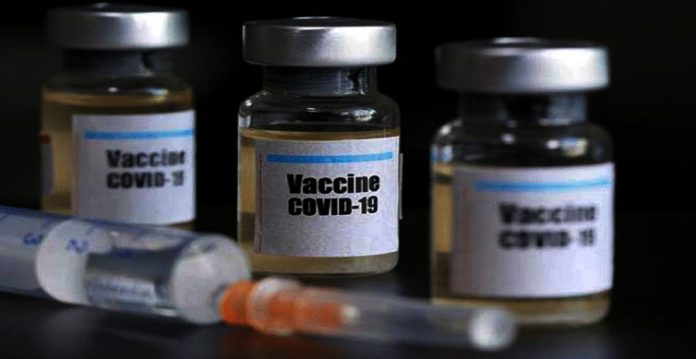At least 19 worldwide health specialists have proposed another, three-stage plan for vaccine circulation – called the Fair Priority Model – which expects to diminish unexpected deaths and other irreversible health results from coronavirus.
Distributing antibodies by population seems, by all accounts, to be an impartial procedure, said study lead author Ezekiel J.Emanuel from the University of Pennsylvania in the US.
In any case, the truth of the matter is that regularly, we distribute things dependent on how serious there is suffering in a given spot, and, for this situation, we contend that the essential measure of enduring should be the number of unexpected deaths that a vaccine would forestall, Emanuel included.
In their proposition, the authors highlight three major qualities that must be viewed as while distributing coronavirus vaccine among nations: Benefiting individuals and restricting damage, prioritizing the burdened, and giving equivalent moral concern for all people.
The Fair Priority Model tends to these qualities by zeroing in on relieving three kinds of damages brought about by Covid-19: Death and damage of essential organs that cannot be undone, indirect health outcomes, for example, medical care system strain and stress, just as economic damage.
Of these measurements, forestalling death – particularly early death – is especially critical, the authors contended, which is the focal point of Phase 1 of the Fair Priority Model.
Early deaths from coronavirus are resolved in every nation by figuring “standard expected years of life lost,” an ordinarily utilized worldwide health metric.
In Phase 2, the authors proposed two measurements that catch overall economic development and the degree to which individuals would be saved from poverty.
Furthermore, in Phase 3, nations with higher transmission rates are at first priority, however, all nations should, in the long run, get adequate immunizations to end transmission – which is projected to necessitate that 60 to 70 per cent of the populace be invulnerable.
The authors additionally object to an arrangement that would prioritize nations as per the quantity of frontline medical care employees, the amount of the population more than 65, and the number of individuals with comorbidities inside every nation.
They said that specially immunising medical care labourers – who as of now have access to personal protective gear (PPE) and other advanced infectious illness prevention strategies – most likely would not significantly decrease harm in higher-income nations.
So also, zeroing in on immunizing nations with more older populaces would not really diminish the spread of the infection or limit death.
In addition, low and middle-income nations have less old citizens and medical care workers per capita than higher-salary nations, the researchers said.
The authors presume that this model is the best epitome of the moral values of restricting damages, profiting the ones who are disadvantaged, and understanding equivalent worry for all individuals.


